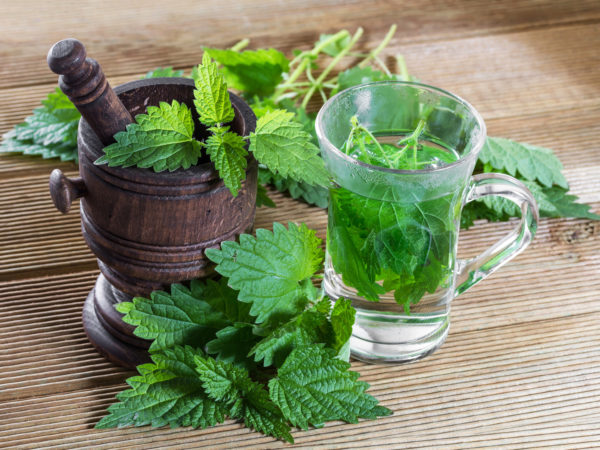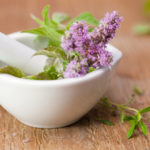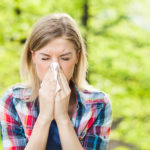Pregnancy: Allergy Treatment Danger?
You frequently recommend quercetin for allergy symptoms. Does hesperidin work just as well? My naturopath recommended it instead of quercetin because she believes it is safer to take during pregnancy. True?
Andrew Weil, M.D. | January 29, 2003

Updated 4/11/2005
Both quercetin and hesperidin are bioflavonoids, compounds that add to the flavor and color of fruits and vegetables. Quercetin is found in buckwheat and citrus fruits. I recommend it for allergies because it appears to stabilize the membranes of cells that release histamine, the mediator of allergic reactions. Taking quercetin is preventive, that is, you take it regularly to prevent symptoms from developing, not just to deal with them when they occur. And it has to build up in your system to work; allow six to eight weeks to see what it can do for you. Take 400 milligrams twice a day between meals.
While hesperidin is also a bioflavonoid, it doesn’t have the same anti-allergy effect as quercetin. When first discovered, it was linked to capillary health. Studies have shown that it has cancer-preventive effects, at least in rats. Research also indicates that bioflavonoids in general have potent antioxidant effects, and some studies suggest that they protect against both cardiovascular disease and cancer.
Hesperidin is unlikely to help control your allergy symptoms. Uncertainty as to the safety of taking quercetin during pregnancy stems from laboratory studies suggesting that it can cause chromosomal mutations in bacteria. We have no evidence indicating that this happens in humans, but a maximum safe dose for pregnant women or nursing mothers has not yet been established. To be safe, I would avoid it during the first trimester of pregnancy. You may be surprised to find that your normal allergies disappear during pregnancy, as the immune system makes changes along with the other system in the body. For general symptomatic relief of allergic rhinitis (hay fever), I recommend freeze-dried extracts of stinging nettles (urtica dioca). There are no safety concerns about the use of stinging nettles during pregnancy or nursing.
Andrew Weil, M.D.











